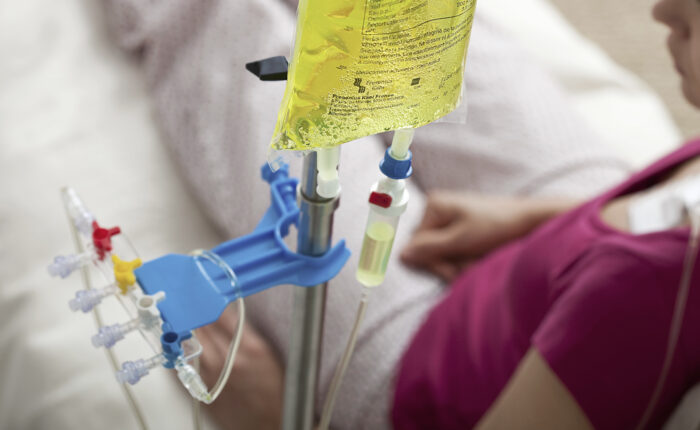Cancer Treatment Challenges in Pakistan

Cancer is one of the leading causes of death worldwide, and Pakistan is no exception. The rising incidence of cancer poses significant challenges to the healthcare system, patients, and their families. Despite advancements in medical science, several hurdles impede effective cancer treatment in Pakistan. At VentureTechCo, we believe in leveraging technology and innovation to address these challenges and improve healthcare outcomes. Here, we explore the major challenges in cancer treatment in Pakistan and propose strategies to overcome them.
Challenges in Cancer Treatment in Pakistan
1. Limited Access to Early Diagnosis and Screening
Early diagnosis is crucial for successful cancer treatment, yet access to screening and diagnostic facilities is limited in Pakistan, especially in rural areas. Many patients are diagnosed at advanced stages, reducing the chances of effective treatment and recovery.
2. Shortage of Specialized Healthcare Professionals
There is a significant shortage of oncologists, radiologists, and specialized healthcare professionals in Pakistan. This shortage leads to overburdened healthcare facilities and delayed treatment, adversely affecting patient outcomes.
3. High Cost of Treatment
Cancer treatment is expensive, and the high cost of chemotherapy, radiotherapy, and surgery makes it unaffordable for many patients. This financial burden is exacerbated by the lack of health insurance coverage and support systems.
4. Inadequate Healthcare Infrastructure
Many healthcare facilities in Pakistan lack the necessary infrastructure, including advanced diagnostic tools and treatment equipment. This inadequacy hinders the provision of comprehensive cancer care.
5. Limited Public Awareness and Education
There is a lack of awareness about cancer prevention, early symptoms, and the importance of regular screenings. Misconceptions and stigma associated with cancer further contribute to delays in seeking medical help.
Strategies to Overcome Cancer Treatment Challenges
1. Enhancing Access to Early Diagnosis and Screening
Expanding the reach of mobile health clinics equipped with diagnostic tools can bring screening services to remote areas. Implementing nationwide awareness campaigns can educate the public about the importance of early detection and regular check-ups.
2. Training and Retaining Specialized Healthcare Professionals
Investing in medical education and training programs for oncologists, radiologists, and other specialized healthcare professionals is essential. Offering incentives and creating conducive working environments can help retain skilled professionals within the country.
3. Making Treatment Affordable
Implementing health insurance schemes and providing financial assistance to low-income patients can alleviate the financial burden of cancer treatment. Partnerships with pharmaceutical companies can also help reduce the cost of medications.
4. Improving Healthcare Infrastructure
Upgrading healthcare facilities with modern diagnostic and treatment equipment is crucial. Public-private partnerships can play a significant role in mobilizing resources and improving infrastructure.
5. Raising Public Awareness and Education
Conducting community-based awareness programs can dispel myths and educate people about cancer prevention, symptoms, and the importance of early treatment. Collaborating with local media and influencers can amplify these messages.
The Role of Technology in Cancer Treatment
At VentureTechCo, we believe in harnessing the power of technology to transform healthcare. Here are some ways technology can help overcome cancer treatment challenges in Pakistan:
1. Telemedicine
Telemedicine platforms can connect patients in remote areas with specialized healthcare professionals, providing timely consultations and reducing travel expenses.
2. Digital Health Records
Implementing digital health records can streamline patient management, ensuring that accurate medical histories are available to healthcare providers, leading to better treatment decisions.
3. Artificial Intelligence (AI) and Machine Learning
AI and machine learning can enhance diagnostic accuracy, predict treatment outcomes, and personalize treatment plans based on individual patient data.
4. Mobile Health Apps
Mobile health apps can provide patients with information on symptoms, treatment options, and reminders for medication and follow-up appointments, improving patient engagement and adherence to treatment plans.
